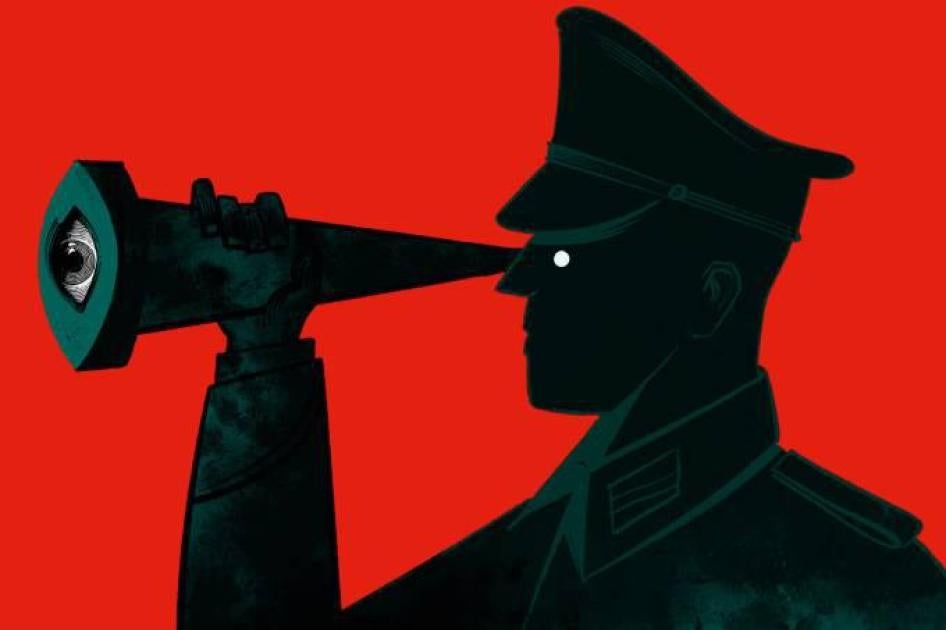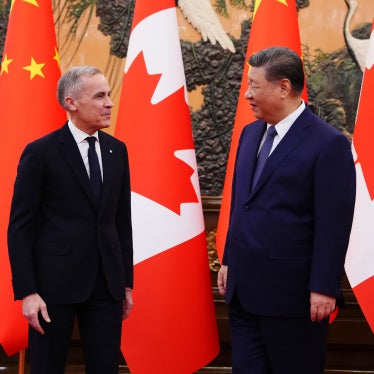In Brazil, such groups work on issues ranging from violence against women to environmental problems, including the pesticide poisoning of rural communities and the collapse of mining dams. Whether you agree with any one group’s particular causes or not, all Brazilians are better off living in a society where they can operate without unreasonable government restrictions or interference. This is why the Constitution of Brazil provides full freedom of association for lawful purposes.
So, it is alarming that President Jair Bolsonaro—and some members of Congress—are rushing to monitor and potentially restrict NGOs. President Bolsonaro signed an executive order on inauguration day giving Government Secretary Carlos Alberto dos Santos Cruz—a retired Army general -- authority to “supervise, coordinate, monitor, and track” the “activities and actions” of local and international NGOs operating in Brazil.
The measure has raised alarm bells in civil society, and Congress is debating whether to ratify, suppress, or change it.
Given the outcry, Congresswoman Beatriz Kicis, a Bolsonaro supporter, has proposed axing the word “supervise.” She’d like to substitute “keep track of” NGOs’ actions and achievements, and she’d specify that the aim is to “verify their compliance” with Brazilian law.
That may sound better, but it doesn’t make Bolsonaro’s move any less frightening. His failure to identify a need to ratchet up monitoring and surveillance calls into question his true motives.
Besides, Santos Cruz has made quite clear that the aim of the measure is to exercise control. When two colleagues and I met with Santos Cruz in January, he confirmed his aim to “supervise” all nongovernmental groups, whether funded by private or public money. When we objected, he insisted the measure would harm only “bad NGOs,” not “good NGOs.” He gave no criteria for judging, beyond his own opinion.
Various governments have used similar tactics to control NGOs, limit their impact, or impede their operation, as if they were enemies. Nearly a decade ago, Venezuela banned international funding of NGOs that “defend political rights” or “monitor the performance of public bodies.” In Turkey, an amendment to this year’s Regulation on Associations requires NGOs to provide data on members, including name, work, educational status, identification number, and date they joined. In Egypt, a law passed two years ago under the guise of regulation criminalized the work of many groups.
If you don’t like hearing this from someone employed by an NGO, consider a different critic. In its 2017 Global Risks Report, the World Economic Forum (Davos) warned that dangers raised by the closing of civil-society space include instability, polarization, fragile governance, and erosion of basic civil and political rights.
That’s not where Brazil needs to go. Congress should reject the NGO snooping order.









